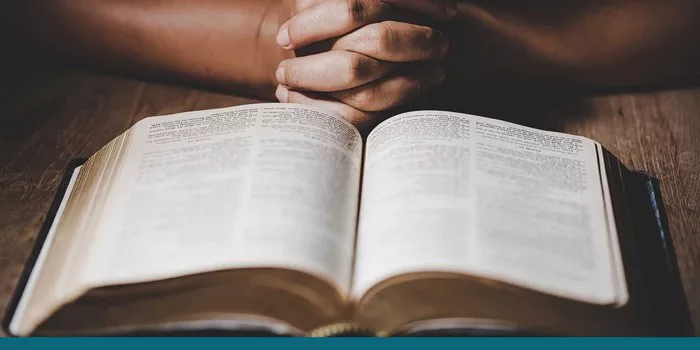In a bold move hailed by supporters and condemned by critics, Oklahoma State Superintendent of Public Instruction Ryan Walters declared at a Tulsa church service that the Bible will now be required teaching material in all state classrooms. Speaking at Sheridan.Church alongside prominent Republican pastor Jackson Lahmeyer, Walters proudly proclaimed Oklahoma as the “first state in the country to put the Bible back in the classroom.”
The announcement, made amidst fervent applause from congregants, follows a year-long initiative prompted by Lahmeyer’s correspondence to Walters highlighting what he perceived as a historical oversight. Walters, addressing the gathered churchgoers alongside his family, defended the decision amidst anticipated backlash, asserting, “You can be offended, you can be mad, you can be upset. But here’s what you can’t do: You can’t rewrite our history.”
Walters underscored the foundational role he believes the Bible plays in American history, citing Abraham Lincoln and Martin Luther King Jr. as historical figures who drew inspiration from biblical principles. He argued that teaching history without the Bible constitutes “academic malpractice.”
Lahmeyer, commending Walters for his courage in the face of potential controversy, emphasized the decision’s significance beyond politics, stating, “Other states will follow suit because there was a man that had the courage to do the right thing.”
Despite Walters’ assertion that existing state law permits the use of Bibles in classrooms, the directive has sparked a contentious debate. Critics have voiced concerns over separation of church and state, with legal challenges looming and questions raised about whether other religious texts will also be included in curricula.
The move has ignited both political and spiritual discourse, prompting Lahmeyer to call upon the congregation to pray for Walters as he navigates what he described as “uncharted territory.”
Walters’ announcement marks a pivotal moment in educational policy for Oklahoma, setting the stage for a broader national conversation on the role of religion in public education.

